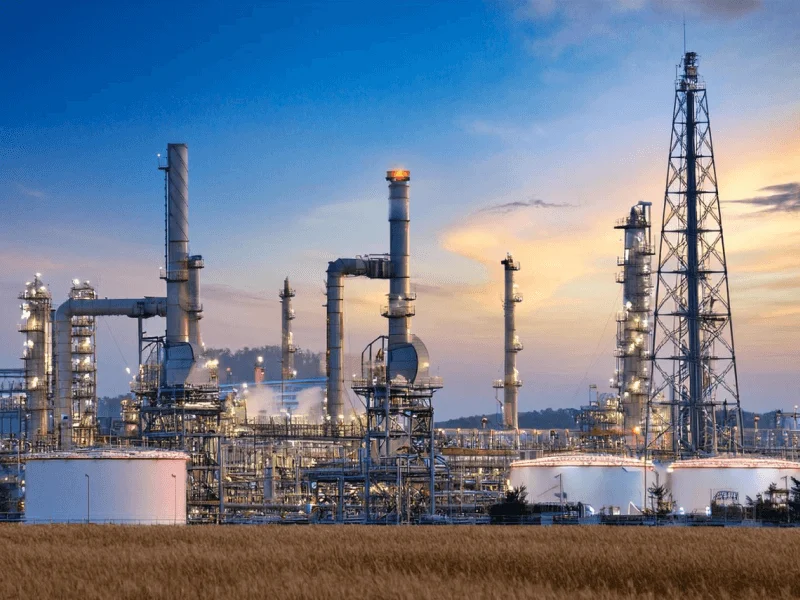Traditional businesses are being changed by smart technology, and the oil and gas sector is no different in this age of fast digital change. More and more oil and gas businesses are using cutting-edge technologies to make their operations safer, more efficient, and better at taking care of the environment as the world’s energy needs grow and sustainability becomes a major issue.
A Sector at a Crossroads
The oil and gas business has been an important part of the world’s energy supply for a long time, powering economies and everyday life. However, it now finds itself at a pivotal point. Rising operational costs, fluctuating commodity prices, and the urgent push for cleaner energy sources are driving the need for innovation. Smart technology offers a way forward—not to replace hydrocarbons immediately, but to extract, process, and distribute them more efficiently and responsibly.
Smart Technology in Action
Smart technology refers to advanced tools such as artificial intelligence (AI), machine learning, Internet of Things (IoT) sensors, automation, and big data analytics. Right now, these tools are being used in every step of the oil and gas value chain, from finding oil and gas to distributing it.
In exploration, AI algorithms are helping geologists analyze seismic data faster and with greater accuracy, reducing the time and cost associated with finding new reserves. In the drilling phase, real-time data from IoT-enabled equipment allows for predictive maintenance, minimizing downtime and preventing costly failures.
Refineries and processing plants are also seeing the benefits of smart technology. Digital twins—virtual replicas of physical assets—are being used to simulate operations and predict outcomes, enabling better planning and risk management. Meanwhile, automation and robotics are streamlining labor-intensive tasks, enhancing both safety and productivity.
Operational Efficiency and Cost Savings
One of the most significant benefits of integrating smart technology into oil and gas operations is increased efficiency. By collecting and analyzing vast amounts of data, companies can identify patterns, forecast demand, and optimize resource allocation. This not only leads to cost savings but also supports more agile decision-making in an industry known for its complexity.
For instance, predictive analytics can anticipate equipment failures before they occur, allowing for timely repairs and reducing unscheduled downtime. This shift from reactive to proactive maintenance translates to millions in savings annually for large operators.
Enhancing Environmental Responsibility
While the oil and gas sector is often criticized for its environmental impact, smart technology provides tools to mitigate those effects. Real-time monitoring systems can track emissions, detect leaks, and ensure compliance with environmental regulations. In offshore drilling, remote-controlled robotics can conduct inspections and repairs without risking human lives or increasing the carbon footprint with additional transport.
Additionally, data-driven insights can support better energy management within operations, reducing waste and improving fuel efficiency. As the industry works to align with global sustainability goals, such technologies are proving vital to balancing profitability with responsibility.
The Road Ahead
In the future, smart technology will be used more and more in oil and gas. Companies that start the digital transformation process now will be better able to handle changes in the market and rules from regulators. Smart solutions will also make it easier for departments and supply lines to work together more closely, breaking down barriers and encouraging new ideas.
The future of energy is not about abandoning oil and gas overnight. Instead, it’s about modernizing the sector to meet today’s expectations—faster, cleaner, safer, and smarter. By embracing smart technology, the oil and gas industry can remain a critical player in the global energy transition while positioning itself for long-term resilience and growth.
In the end, it’s clear: the future of energy lies not just in new sources, but in smarter systems. And for oil and gas companies ready to evolve, the tools are already here.
